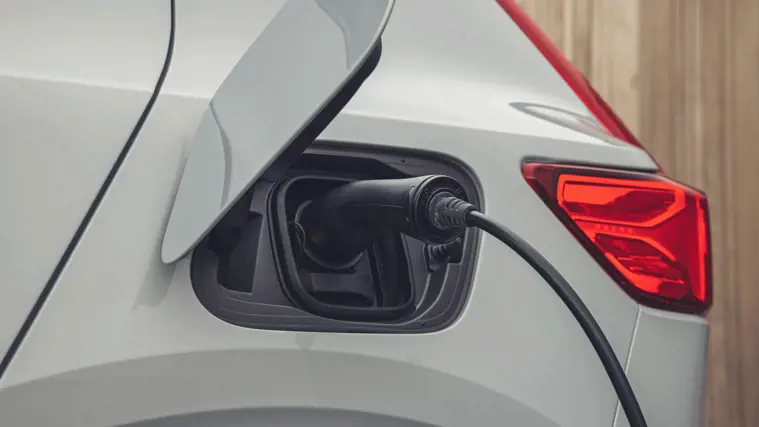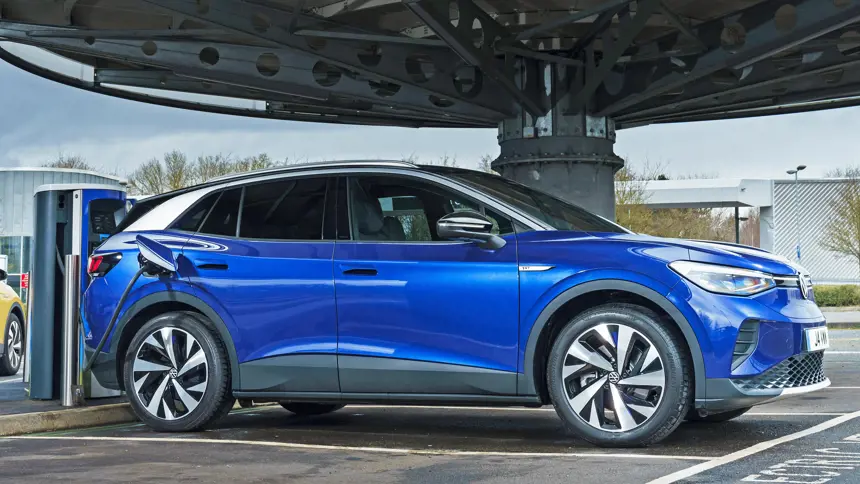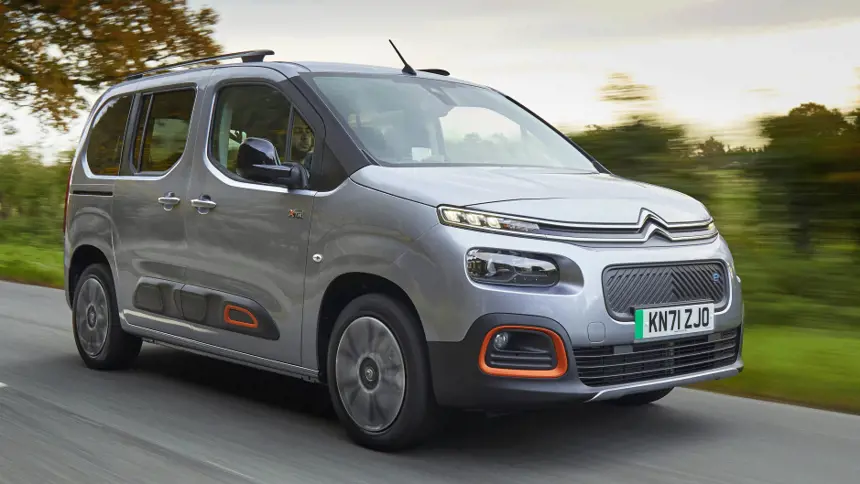Government electric car grant: the complete guide
All you need to know about changes to the Government’s electric car grant

Up until June 2022, buyers of plug-in EVs were eligible for an electric car grant of up to £5,000 against a new battery electric or plug-in hybrid car, but for the majority of private buyers the grant has since been withdrawn.
The grants were in place because the large battery packs that powered electric cars were especially expensive, making them several thousand pounds dearer than their petrol or diesel-powered counterparts. While they’re still generally more expensive, the gap has reduced and EVs have become more commonplace, leading to a reduction in supported funding.
New electric car sales now make up over 15% of the market, meaning they are more mainstream. But will the removal of the government electric car grant have an effect on EV sales going forward as prices remain high and the cost-of-living crisis continues? And are grants still available for non-private buyers?
Who can still get a grant?
Grants for electric vans and motorbikes are still available, but these have significantly reduced.
Business users buying small electric vans (under 2.5 tonnes) can get a maximum grant of 35% of the list price, capped at £2,500. For bigger vans the cap is £5,000. Motorbikes and mopeds also qualify, and the grant will pay 35% of the purchase price so long as it retails for less than £10,000; up to £150 for mopeds or £500 for motorbikes.
As well as the above classifications, grants are also still offered to other types of vehicle, as outlined by the government. You do not apply for the grant. The seller includes it as a discount in the purchase price.
Only vehicles that have been approved by the government are eligible and the discount you can get depends on the type of vehicle.
The types of eligible vehicles and discounts offered are listed here:
There were also government incentives towards the cost of home charging points for both new and used electric and plug-in hybrid car buyers, but from April 2022 homeowners have no longer been eligible for this grant with the exception of those living in flats. The grant continues to be offered to renters, though. Occupants can claim up to 75% of the installation cost, which will be deducted from the invoice by the installer. To apply for the grant, you need to find an installer approved by the Office for Zero Emission Vehicles (OZEV) who will complete the application process for you at the point of sale.
How the electric car grant worked

Grant payments were not made directly to consumers. Dealers selling qualifying cars had to claim the cash from OZEV after each sale was made, but the grant was already taken off the price the buyer paid, so there was no delay to receive the saving.
At the time, it was normal to see new cars advertised with the grant factored in, and while used cars have never been eligible for the grant, buyers of second-hand electric cars benefit from the knock-on effect of the grant. It’s part of the reason that second-hand values of EVs listed on BuyaCar can be so attractive.
What are the OZEV standards based on?
To qualify for a government electric car grant the remaining eligible vehicles must meet the following criteria:
|
CO2 emissions |
Electric range from one charge |
Grant |
Grant cap |
|
|
Motorbikes |
0g/km |
At least 31 miles |
35% of RRP |
£500 |
|
Mopeds |
At least 19 miles |
£150 |
||
|
Small vans (under 2,500kg) |
Under 50g/km |
At least 60 miles |
£2,500 |
|
|
Large vans (2,500kg - 3,500kg) |
£5,000 |
|||
|
Taxis |
At least 70 miles |
20% of RRP |
£7,500 |
*Wheelchair accessible vehicles (WAVs) are eligible for up to £2,500 (35% of the RRP), and can cost up to £35,000. Vehicles eligible to convert include: Citroen e-Berlingo, Citroen e-SpaceTourer, Nissan e-NV200, Peugeot e-Rifter and Vauxhall Vivaro-e Life. The number of WAV grants available is limited.
Have the limitations to the electric car grant affected sales?

Because most private car sales are excluded from the grant, combined with knock-on price increases, buying an electric car is now more expensive. Along with the anticipated introduction of electric car tax in 2025, and increasing energy prices, the benefits of owning an electric car have been reduced dramatically. But there are still some fantastic deals on used EVs via BuyaCar and they are more often than not still less expensive to run than equivalent petrol or diesel models.
Electric car grant FAQs
Can I get an electric car grant for used cars?
No. The grant is only available for the first owner of brand new cars, ruling out any used cars, including pre-registered vehicles, which normally count a dealership as the first owner. But you’ll benefit from the savings that were made by the previous owner(s). Some buyers may be able to apply for the home charger grant, though.
How do I claim the grant?
The grant is no longer available to most private buyers, but if you belong to a group of buyers that can still claim the grant, you won’t need to do anything. The dealership will process it for you and you’ll just pay the discounted price.
Can I get the electric car grant if I’m purchasing on finance?
Yes, the grant will be deducted from the total price, which will reduce your monthly payments.
